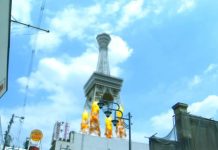Each week, here at Osaka.com, we bring you a selection of some of the top stories about Osaka making the local and national news here in Japan. Sometimes it’s serious, sometimes it’s funny, but it’s always direct to you, from Osaka.
Here’s a look at some of the stories hitting the headlines in Osaka this week.
Table of Contents
Pay Deal Plans Benefit Osaka Workforce
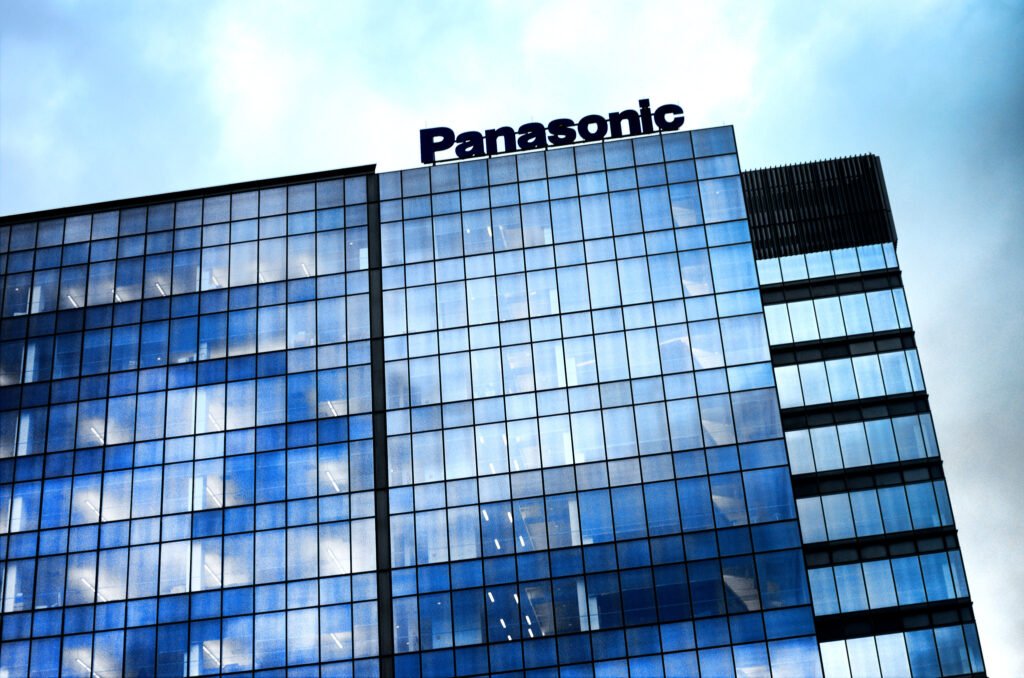
This time of year traditionally sees negotiations between large companies and the unions representing their employees. 2024 is no different. However, what is different this year is that, for the first time in a long while, big business and trade unions seem to largely be on the same page. One of Osaka’s largest employers, Panasonic, joined the likes of Toyota and other multi-national firms this week in confirming pay raises for their staff.
The big difference this year, seems to be government pressure. As part of ongoing efforts to shake Japan’s economy out of a deflationary cycle that goes back to the 1990s, Prime Minister Kishida has implored firms to raise wages. With many of Osaka’s biggest employees sitting on substantial cash reserves, this is actually not an unreasonable expectation.
As a result, labor negotiations have gone far smoother this year than on previous occasions.
Pay Deal Sets Scene for Economic Recovery
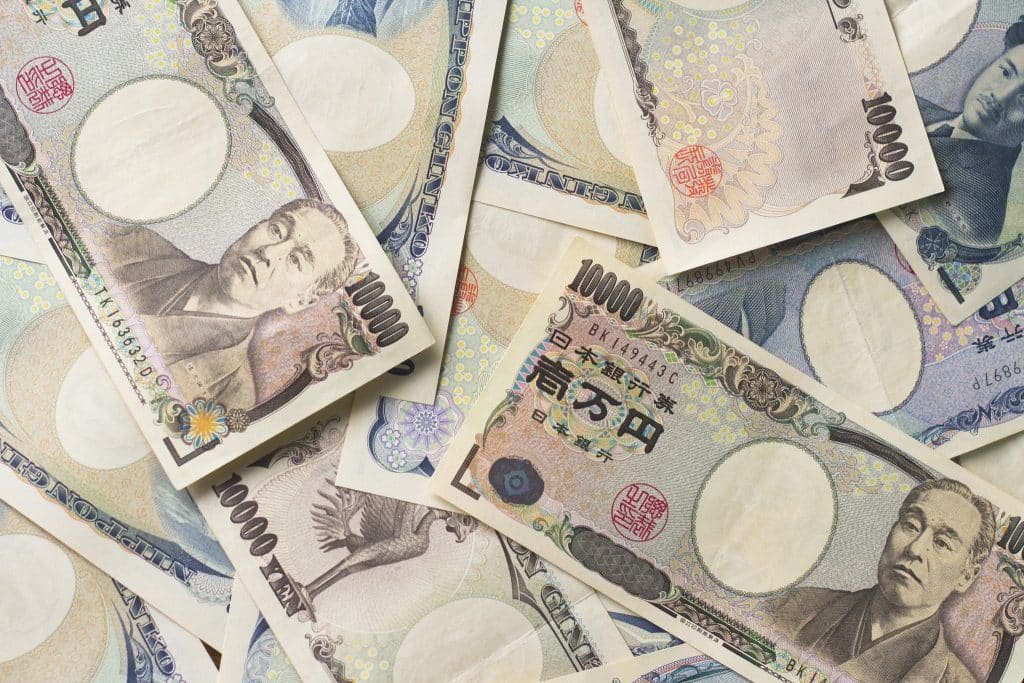
The reasoning behind this shift in corporate culture is, when you strip it down, remarkably simplistic. In short, Osaka and indeed Japan’s larger companies need consumers to buy their products. However, in austere times, Japanese shoppers are notorious for hoarding their savings, reluctant to risk financial peril. Better wage deals, therefore, give consumers more confidence about splashing the cash. Having more disposable income suddenly makes that new Sharp TV, or Panasonic washing machine a far more realistic prospect.
It seems big business in Japan has finally learned the lesson: Deal workers in on the company’s good fortune and everyone benefits. It remains to be seen to what extent this extra disposable income will impact Japan’s economic clout or the still painfully weak yen. Nevertheless, analysts are optimistic.
Osaka Omitted from Ride-Hailing Deal, For Now
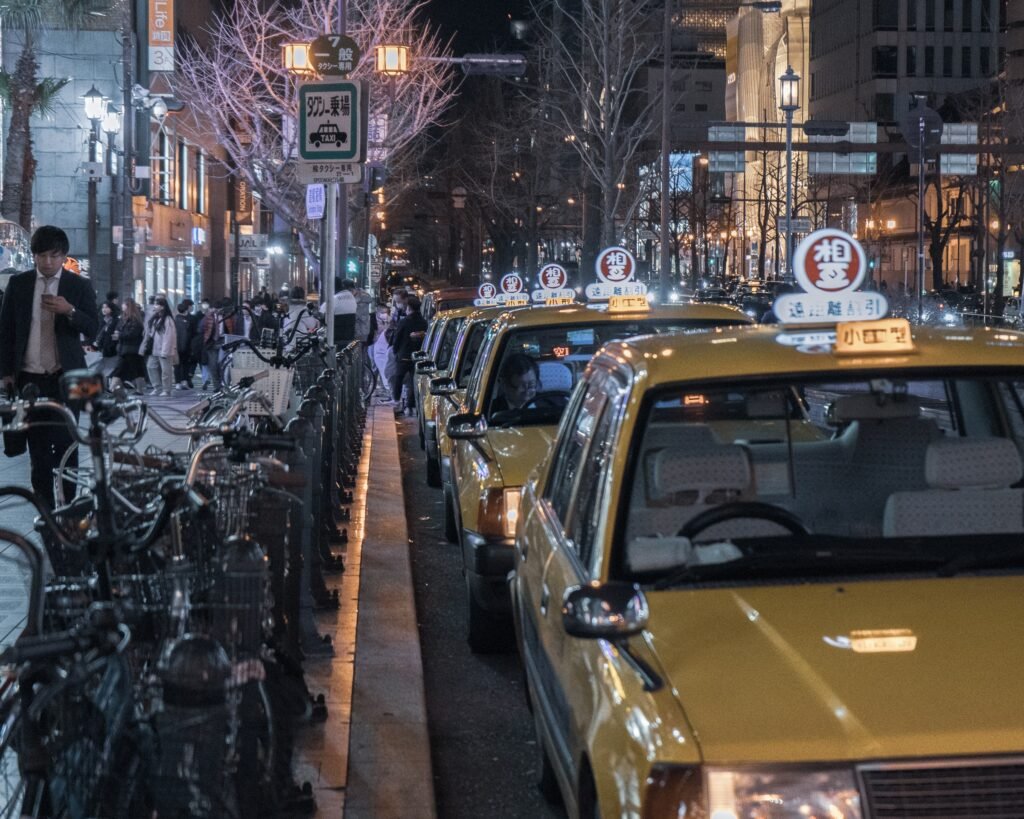
Whilst apps like Uber have redefined the private transport industry across the developed world, Japan has remained reluctant to hop on board.
However, in a small step forward, the central government announced this week, a deal to allow limited use of these apps in certain municipalities starting next month. Osaka is not on the list of places, which includes Tokyo, Nagoya and Kyoto, for the time being. However, following a successful trial in these areas, local government officials hope the scheme will expand to include Osaka later this year.
The deal to bring ride-hailing apps to consumers is still somewhat restrictive. The introduction of these apps has met with fierce resistance from taxi firms and other transportation firms. Trade unions also point to the ongoing issues in the US, UK and several other territories. This pertains to the refusal of companies like Uber to acknowledge their drivers as workers, and pay the necessary minimum salary and benefits.
To offset these issues, the government has mandated that there will be strict limits on the number of cars allowed to operate in each area. Drivers will also still need to have the necessary license and insurance, as well as allow regulatory oversight from a taxi company. A full lifting of the current ban on unregulated services such as Uber remains on the table to “be discussed at a later date”.
And Finally….
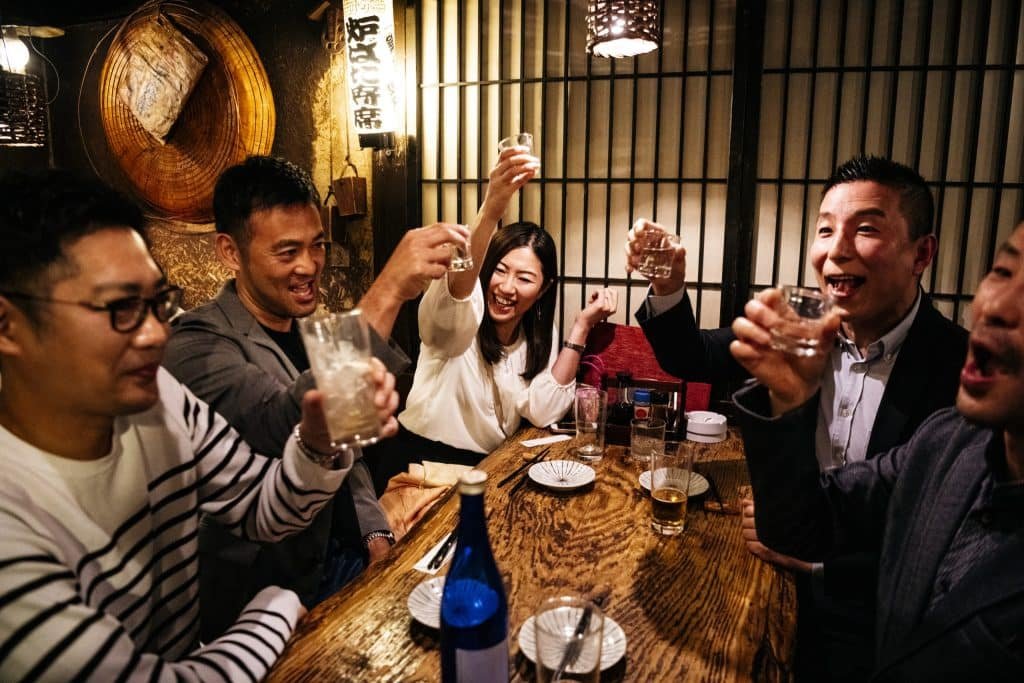
A campaign to promote health and fitness backfired in spectacular fashion this week. The Osaka City Government’s Economic Strategy Bureau ran a promotional lottery through their Twitter page back in February. It offered entrance into the lottery draw for users sharing posts promoting health and fitness activities in the city. The prizes on offer including, unsurprisingly enough, bottled energy drinks.
However, a disclosure this week revealed that many of these drinks were, in fact past their sell-by date when they were given to the lottery winners.
The city government explained this week that the drinks were part of a deal with an outside contractor. The contractor had, erroneously, used left over drink stock from a previous event. The drinks in question had an expiry date of mid-February.
At time of writing, none of the winners appear to have suffered any ill-effects from the drinks. However officials have asked concerned parties to contact them. They are also considering offering non-food items as an alternative prize.
That’s all for now but be sure to check back again same time next week for another round of this week in Osaka!













